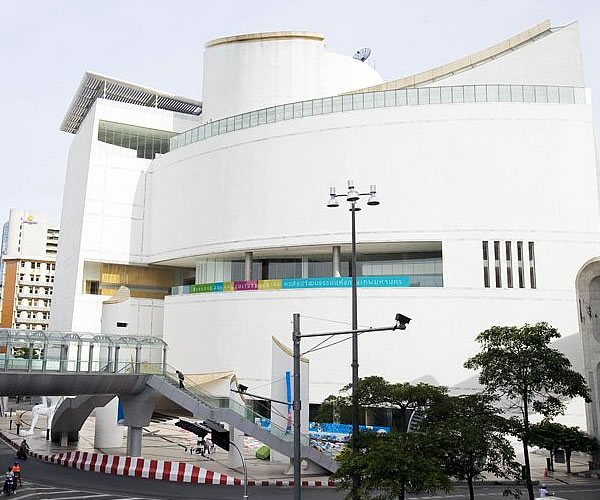
If your child has one Thai parent, they are considered a Thai national and are permitted to attend a Thai state school. Foreigners are not permitted in the public system.
The Thai school system is run by the Thai government's Ministry of Education (Tel 02 281 3441). The system is divided into basic and higher education. A free basic education of a minimum of nine years is guaranteed. There are also many kindergartens, pre-schools and play groups available. These are optional rather than compulsory (see section on kindergarten for more details).
All Thai state schools follow the same school year, although very occasionally there can be small variations. There are two main holidays: a month in October and two months in March and April. All schools will close for national holidays. Most schools start between 7:30-8:00 until 14:00-15:00 with an extra hour of ECA (extracurricular activities). The Thai National Anthem is sung at the start of each school day.
Uniforms are compulsory and there are very few variations on the standard theme of dark blue, khaki or black shorts for boys and dark blue or black skirts with girls, a white shirt and either a tie or bow. White socks and black shoes must be worn. The uniform is the same for public and private schools including college and universities.
Basic education is divided into six years of primary education and six years of secondary education (three years lower, three years upper). The first three years in elementary school, Prathom 1-3, are for age groups six-eight; Prathom 4-6 is for age groups 9-11; and the third level, Matthayom 1-3, is for age groups 12-14. The upper schooling system, Matthayom 4-6, is for age groups 15-17 and is divided into vocational and academic streams. Parents may be asked to contribute a nominal amount for materials.
The curriculum is based around five areas:
- Thai language and Mathematics
- Life experiences (social studies, health, natural science, citizenship and conservation)
- Character development (moral education, PE, music and drama)
- Special experiences (learning English)
- Thai studies
When each level is completed, a student must take and pass the National Education Test (NET) to graduate. The academic streams are usually for students who wish to attend university. The Thai school system is compulsory until 18 if you wish to attend university. Vocational streams help prepare the students for employment.
Grading in Thailand
The Thai system typically uses numbers as a grading system with 4 being the highest and 1 the lowest, although some individual teachers will adopt the letter system used by most western countries of A-D with F being a fail.
Private Schools in Thailand
The private school sector is comprised of schools that run for a profit and fee paying non-profit schools run by charities, and in particular Catholic diocesan and other religious orders.
Private School Fees in Thailand
Fees will usually be 100,000-300,000 baht per semester/term. Schools usually have between 2-3 semesters/terms. In most cases you can barter with the school over fees.
Note that there can be many hidden costs with the Thai school system such as uniform, transport, food and material fees - it all adds up. For example one school shirt can be 500 baht, and a pair of shorts can be 300 baht, and then there is also separate PE equipment. It is also not uncommon for parents to be asked to pay 5000 baht to contribute towards materials such as paper and pencils! Schools fees may of course be included as part of your expat package, but it is still always sensible to have all these extra costs confirmed in writing.
If you are interested in internationally centred private schooling for your child, you might consider one of Bangkok's international schools.
See the section "International Schools" for more information.
Update 15/09/2013

Babbel is an international success with millions of active subscribers and ranked as the world's #1 innovative company in education.
Why Babbel?
Learn and review on your own schedule: Mobile, tablet or desktop compatible, with lessons about 10-15 min.
Expert-made courses: Learn the basics or focus on topics like travel, culture, or business.
Start speaking right away: Learn to speak a new language naturally and conversationally.
Every learner is different: Each course is based on your native language and personal interests.
Remember everything: Babbel employs proven cognitive techniques that move new vocab to your long-term memory.
Refine your pronunciation: Practise speaking and improve your pronunciation with speech recognition technology.
Try Babbel for free today
Registration with Babbel is completely free of charge and the first lesson in every course is FREE to try (Depending on the language you choose, that's 30-80 free lessons!).
If you want full access to Babbel's courses, simply choose a subscription that works best for you. Buy with confidence: 20-day money back guarantee!
